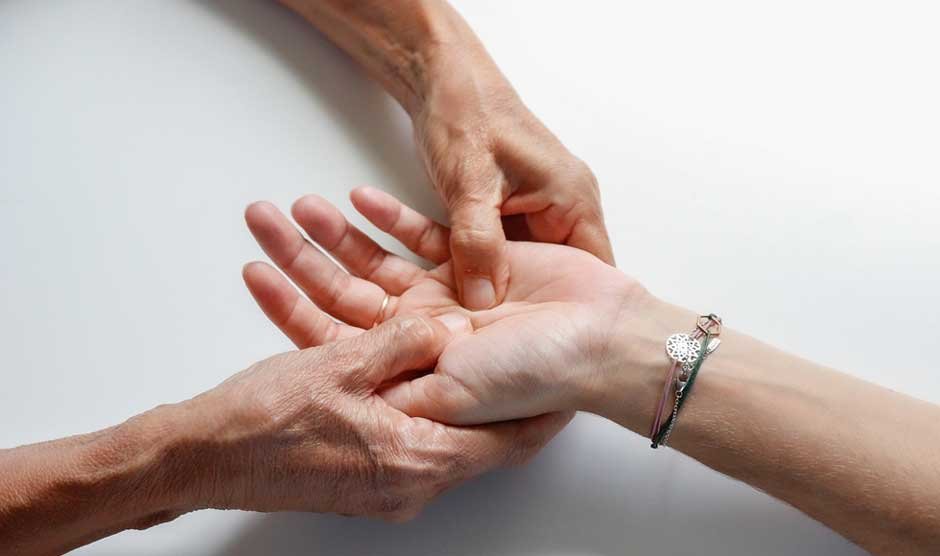Completing an addiction treatment program is a significant achievement, but it’s just the first step in lifelong recovery. It is crucial to prepare properly for life after addiction treatment to prevent relapse and maintain sobriety.
This article will discuss some important ways to prepare for that transition. Readers will be better equipped to handle relapses and keep their lives on track with a healthy physical and mental state.
Make an Aftercare Plan
As treatment completes, patients should work with counsellors to develop an aftercare plan that outlines strategies and resources to rely on, especially when exposed to triggers.
An aftercare plan is a holistic view of the patient’s life after treatment finishes. When they’ll be participating in any group or private therapy or counselling, what to do if relapse occurs, and any schedules for exercising, leisure, or other healthy habits and activities that can promote a better state of body and mind.

Build a Sober Support System
One of the biggest challenges after rehab is avoiding people, places, and situations that could trigger a relapse. So, patients need to build a robust, sober support system before treatment ends.
Ways to build a support system include:
- Repairing relationships with sober family and friends. Tell them that you’re trying to bring your life on track, and their help would be so beneficial to you. Explain specific ways that the support could be beneficial (talking, taking walks with you, being there when you are having a difficult moment, asking them to check in on you regularly with a message every now and then, etc).
- Making sober friends in support groups or rehab therapy programs. Since individuals become emotionally vulnerable dealing with the very specific challenges of relapse triggers, these friends can better understand and relate to the issues a recovering addict is facing.
- Finding new jobs, hobbies, and activities that don’t involve substance use. For instance, take a new course to learn a soft skill, enrol in a cooking or art-making course, or learn new sports with regular times scheduled to take part in this activity.
Learn Relapse Prevention Strategies
Even with the best intentions, cravings can hit after the addiction treatment. Patients who learn relapse prevention techniques are well prepared for when triggers happen.
One of the most beneficial prevention strategies is mindfulness, whereby individuals learn self-awareness techniques to catch their personal triggers before they do actual harm. This self-awareness goes a long way to understanding what the triggers are and what you might need to do at that exact moment to prevent relapse (call a friend, walk, remove yourself from the situation, deep breathing, or other techniques practiced in rehabilitation).
Mindfulness and meditation are scientifically proven to give you better control of your mind and thoughts, which becomes an effective technique over time.
Make a Contingency Plan
Some people experience a lapse or full relapse after treatment despite their best efforts. That’s why preparing a backup plan detailing what to do if a relapse occurs is incredibly important. Preparation is key.
The most effective thing one can do is immediately remove themselves from the situation when a relapse occurs. Next, they should immediately try to contact their therapist, support system, or sober friend for support. It can help you see the situation in a different light. However, if things get worse, booking an appointment with your counsellor, or visiting a rehab facility may be the best next thing.
Embrace a Lifestyle of Recovery
Preparing for life after addiction treatment means embracing recovery as a permanent lifestyle change. It’s not something that comes with an end date.
People should continue to attend support group meetings indefinitely, keep their sober friends close, pursue new habits, and even considering helping others going through something similar.
They can also enroll in online addiction treatment courses if they’re not comfortable leaving home and need a more private environment for themselves or feel that having a self-paced immersion into addiction treatment will support their continued sobriety.

Sum Up
With the proper preparation and commitment, people can maintain their sobriety after the addiction treatment ends. And for many people on the path of recovery, going out on their own after treatment is just the beginning.
Every little step counts, from maintaining a contingency plan to embracing life after recovery.

